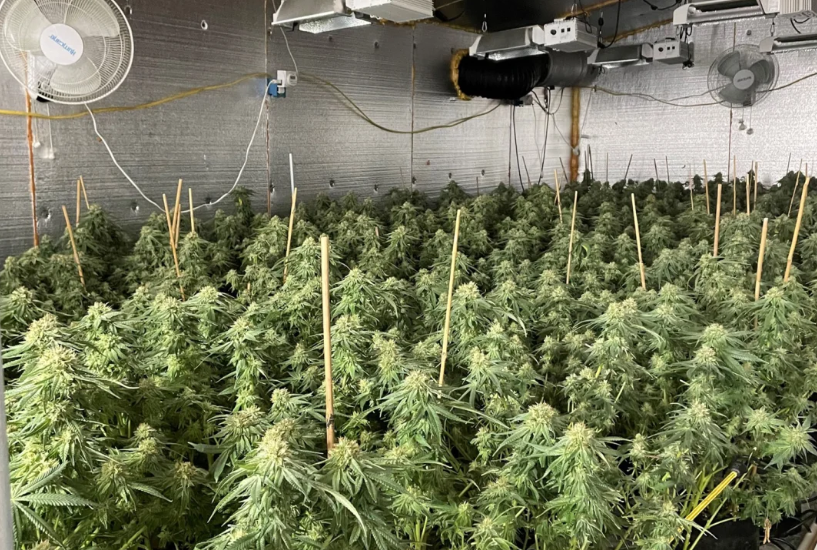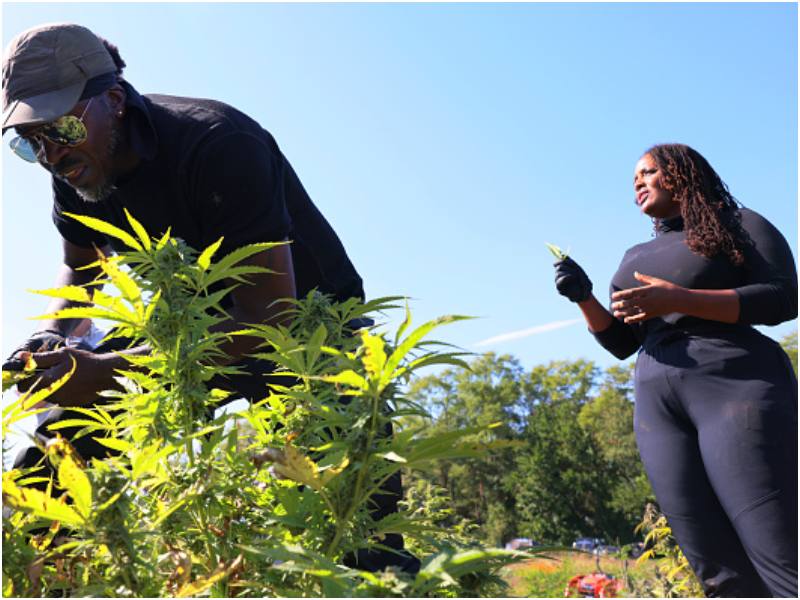Donald Trump is reportedly considering reclassifying marijuana from a Schedule I to a Schedule III controlled substance under the Controlled Substances Act, a shift that could have sweeping legal and economic consequences for the U.S. cannabis industry.
According to The Guardian and The Wall Street Journal, the proposal—originally advanced but never finalized by the Biden administration—was discussed during a $1 million-per-plate fundraiser at Trump’s New Jersey golf club earlier this month. Attendees, including Trulieve CEO Kim Rivers, reportedly encouraged Trump to move forward, citing benefits for medical marijuana research and the legal cannabis market.
If enacted, the reclassification would ease federal restrictions, allowing marijuana businesses greater access to banking services, tax deductions, and expanded interstate commerce.
It would also align marijuana’s federal status with drugs like anabolic steroids and certain prescription medications—substances deemed to have moderate potential for abuse rather than the “no accepted medical use” designation of Schedule I.

While the potential legal shift could energize the multibillion-dollar cannabis market, it raises questions about its impact on the tens of thousands of individuals currently incarcerated for marijuana-related offenses.
No guidance has been issued on whether a reclassification would lead to retroactive sentencing relief or expungements.
The move would mark a notable evolution in Trump’s stance on marijuana. In 2018, secretly recorded audio revealed him expressing skepticism about cannabis use, claiming it “does cause an IQ problem.” That conversation also intersected with other political dealings involving Lev Parnas and Igor Fruman, both later convicted of campaign finance violations tied to a proposed legal marijuana business.
If Trump proceeds, legal analysts predict a surge in litigation and regulatory challenges as courts, lawmakers, and industry players navigate the new federal framework for marijuana—particularly in reconciling it with conflicting state laws.

